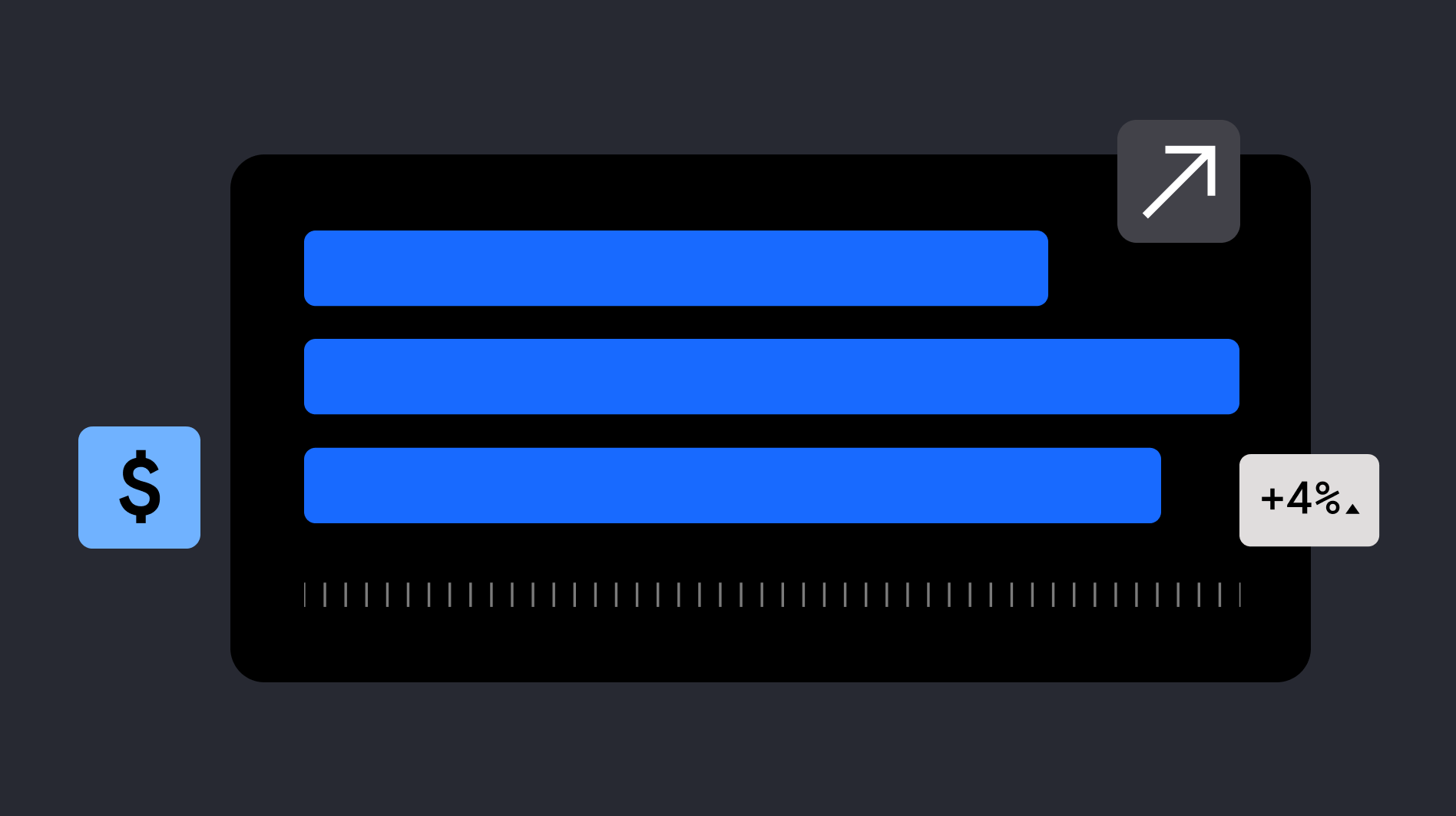An international remittance is the process of sending money from one country to another, often by a foreign worker to family or friends in their home country.
These transactions play a crucial role in supporting the economies of many developing countries, as they can be used by the recipients to pay for vital everyday goods and other living expenses.
International remittance payments can also be made by businesses and governments, for paying suppliers or giving foreign aid. The time it takes the remittance to process can depend on everything from the country of destination to the method of transfer used.
In this article, we explain foreign remittance, the different types of international remittance, the benefits and how it differs from a payment.
What is foreign remittance?
Foreign remittance is money that is transferred or sent from one country to another, either by an individual, business, or government. The purpose of these transfers can range from personal support to trade payments and investments. They can be conducted through banks, specialized remittance services, or other financial institutions.
The method used for remittance can significantly impact the cost and the length of time it takes for the funds to arrive with the recipient.
However they’re facilitated, the process for a remittance transaction goes like this:
- The sender pays the remittance to a sending agent in their preferred method: cash, check, card or debit, for example
- The sending agency informs an agent in the relevant country to deliver the remittance to the recipient
- The agent transfers the sender’s funds to the recipient
What are the different types of international remittances?
There are two types of international remittance, inward and outward, which describe the location of the recipient.
- Inward remittance - inward remittance happens when an individual or company in one country receives money from an individual or company in another country. For example, when a family receives funds from a relative who is working abroad
- Outward remittance - outward remittance occurs when an individual or company sends money from a home country to an individual in a foreign country. For example, when parents send money to their child who is studying abroad
How much time does foreign remittance take?
Generally speaking, foreign remittance can take anything from one to five working days. It’s difficult to give a definitive answer, because the length of time it takes for any international payment to go from sender to recipient is dictated by a range of factors, including the method used, the country of each party involved in the transfer, and the currency used.
Many factors are outside the sender’s control when it comes to remittance times. For example, fraud prevention measures used by banks and financial networks can cause delays, and currency conversion also increases processing times.
However, a sender can increase the chances of a speedy transfer by, firstly, ensuring all the payment details are correct, and making their request before the bank’s cut-off time, which means it should be processed on the same day. If possible, a transfer will be quicker if it’s sent during business hours in the recipient’s country.
Finally, if available to them, the sender can opt for a quick method of sending remittance like an international money transfer service.
What is the difference between payment and remittance?
A payment refers to the transfer of money from one party to another as a settlement for goods, services, or other obligations. It’s a broad term that encompasses any transaction where money changes hands.
On the other hand, a remittance is a specific type of payment made by an individual or business, usually across borders, to an individual or business in another country. Remittances generally imply a personal, rather than commercial, transfer of funds, though not always.
In short, a remittance is always a type of payment, but a payment is not always a remittance. These are critical distinctions in the world of global payment processing.
How to avoid TCS on foreign remittance?
Tax Collected at Source (TCS) is a type of income tax paid on any foreign remittance conducted under India’s Liberalised Remittance Scheme (LRS), which allows Indians to remit up to USD $250,000 per year. From October 2023, TCS on foreign remittance is set to increase from 5% to 20%, unless the remittance is for education or medical treatment.
However, senders can recover some of this cost by claiming it back as an income tax refund or claiming it as a credit when filing their Income Tax Return (ITR). Additionally, any payment made using an international card below Rs.7 lakh per financial year is exempt from TCS.
Benefits of foreign remittance
Foreign remittances can be beneficial to individuals, businesses, and countries for a number of reasons, including:
- Supports struggling families - the money that migrant workers send to their families can be a vital source of income and is used to pay for essentials like food, medicine, shelter and education. In many cases it can alleviate the effects of poverty and food insecurity
- Economic development - when those families spend money received through foreign remittance, they make a significant contribution to local economic development
- Financial equality - remittances can introduce more people to banking and financial services, which helps to democratize access to these services and spread financial literacy
- Disaster relief - remittances can act as a lifeline when natural disasters or conflict disrupt lives and interfere with normal sources of income
Can Checkout.com help with foreign remittance?
Technological advancements, including blockchain and artificial intelligence, are poised to revolutionize international payments and the remittance sector over the coming years. That’s why, in order to stay on top of global payment trends and world events, money transfer operators should make sure to partner with a reputable payment service provider.
Checkout.com can be that payment service provider. We already provide services to leading remittance firms like Wise and TransferGo. As a gateway, processor, acquirer, issuer, and fraud prevention manager via a singular API integration, Checkout.com can help your business expand internationally while enhancing customer satisfaction and boosting revenue.
Contact our sales team to find out more.



.png)



%20v1.jpg)


.png)

.png)



